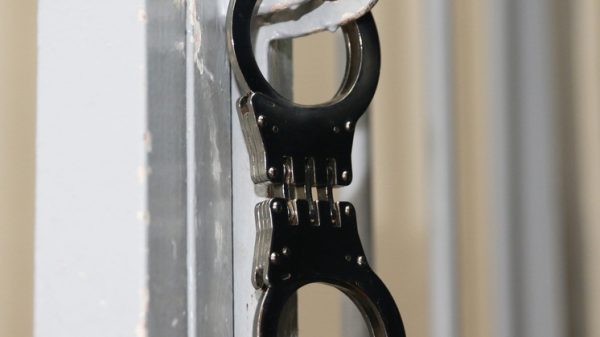
Niger, the world’s poorest country, has peacefully and successfully organised its first democratic transition of power since regaining its independence in 1960 – a milestone that should have been splashed across the front page of every newspaper.
This underreported counter-trend in a continent that has a host of rich and rabidly authoritarian rulers – and during a global crisis that UN chief António Guterres said had brought about a “pandemic of human rights abuses” – is a historic democratic moment in Niger.
Consider the circumstances under which Niger, the anxious heart of the Sahel region, has made this transition. If high rates of illiteracy and poverty hold back democratic progress then Niger ought to be condemned to a stunted life of unimaginable obstacles.
Although it is one of the the largest countries in the Sahel, only 11% of Niger – primarily in the south and in the west along the Niger River – is suitable for cultivation. Four-fifths of the north of Niger is desert, making agriculture a challenge in a country where 90% of the population survive by farming.
Despite vast reserves of oil and uranium, the vast majority of the population of 22 million are poor. Many do not have enough to eat. Illiteracy is widespread and affects more than 70% of the population, mainly women and girls. All of this will have been exacerbated by the Covid-19 pandemic, which is reversing decades of hard-won progress. In 2020, the World Food Programme (WPF) said 3.7 million Nigeriens were in need of humanitarian assistance.
Added to this is the climate crisis, which is heating the Sahel more quickly than any other part of our planet. This translates as unreliable rainfall, land degradation, drought and desertification – all of which make food security and poverty reduction not only an enormous challenge, but a catalyst for protracted armed conflicts over resources.

The “threat multiplier” of the climate crisis is perhaps what threatens Niger’s democratic aspirations most. According to the UN’s Food and Agriculture Organization (FAO), more than 80% of the region’s land is degraded. So when it rains in Niger, it floods, which causes considerable damage, displaces people from their homes and allows diseases like malaria and dengue to flourish.
The 2020 UN development index ranked Niger as the poorest country in the world – below Yemen and Syria. That is partly because it has been so exploited by governments that have been unaccountable, downright kleptocratic or even murderous.
Niger has experienced no fewer than four coups since 1960 – the last successful one in 2010 was followed by a foiled attempt in 2015 . These are difficult conditions for democracy to thrive, especially as Niger has spent nearly 25 of those 60 years under military rule.
Thus the prevailing view that a peaceful and successful democratic transition of power in a country like Niger was almost impossible; despite the examples set by other extremely poor and unequal African countries such as Botswana, Ghana, Namibia, Mauritius, Senegal or South Africa.
But despite facing a combination of extreme poverty, conflict, Covid and the impact of the climate crisis, Niger has democratically transferred power. Could this trigger a row of tumbling dominos, with presidents for life succumbing to democratic governance?

Given the Sahel’s many seemingly intractable and interconnected challenges – which are turning Niger into a key transit country for refugees from other parts of the region – the impact of Niger’s democratic progress will reach far beyond its borders.
Have the Nigeriens turned their vast, landlocked country from hopeless case to shining example of democratic transition in Africa? Time will tell, but it is clear that the very extreme poverty that so often regresses progress is in fact driving change in Niger; inspiring a growing hunger for democratic governance.
In spite of this, Niger’s success will depend heavily on whether or not the US and other established democracies support it in rooting out poverty – perhaps the only factor which Islamic extremists, who already have a foothold in the country among its disillusioned young men, could exploit in an attempt to destabilise Niger in the future.

























































Свежие комментарии